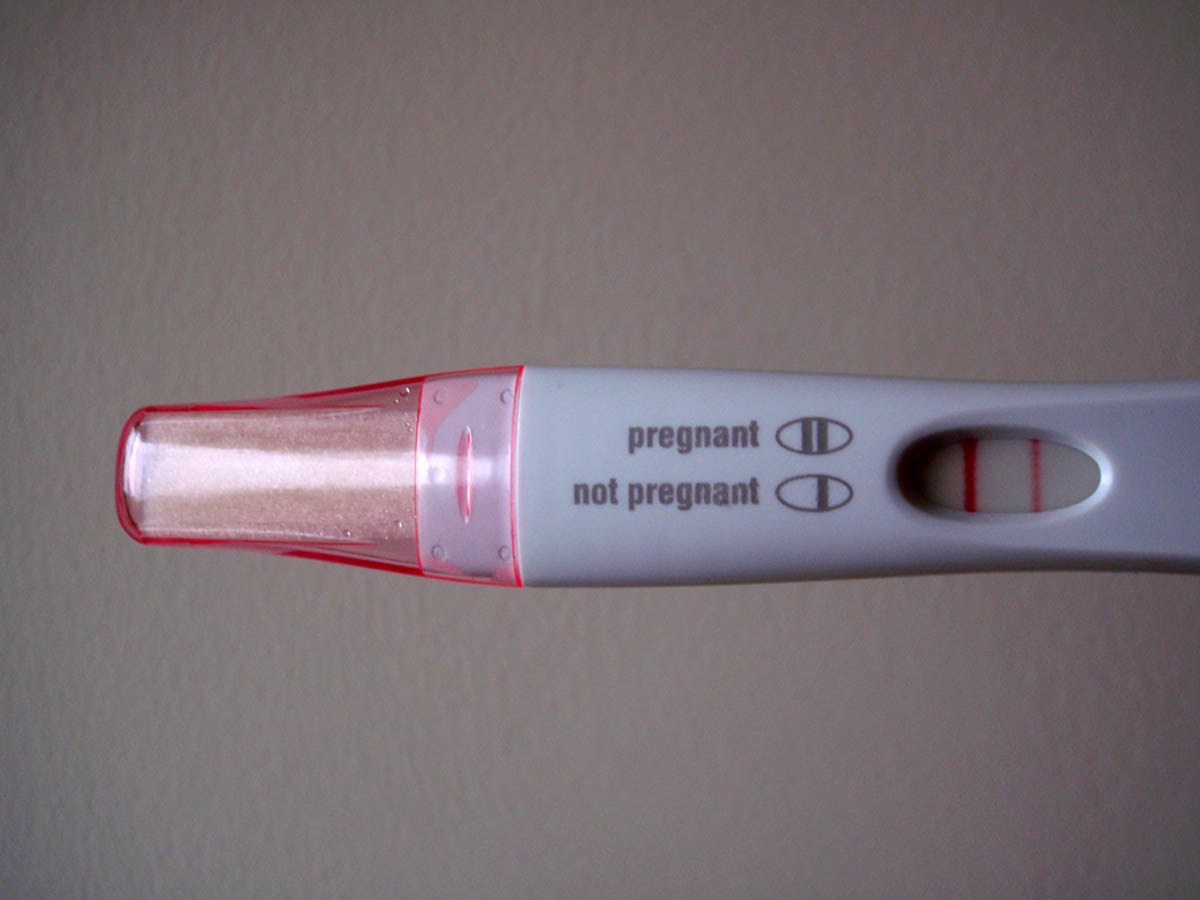Table of Contents
Tracking Your Fertility
Having intercourse more frequently might have a dramatic impact on your chances of getting pregnant, but isn't having sex at the right time important too? That infamous fertile window is only open for a maximum of seven days a month, after all. This fertile window includes the period leading up to ovulation, because sperm can survive within the female reproductive system for quite a while.

However, if you don't naturally feel like having sex two or three times a week and think you may not make this goal otherwise, tracking your fertility can be a great idea. The same goes for couples who don't think this will cause them any stress. The methods at your disposal range from monitoring your cervical mucus to charting your temperature and taking ovulation tests.
Ovulation tests, which are very reliable, do have one major disadvantage: they work by detecting a surge in Luteinizing Hormone, a hormone that is only released just prior to ovulation. In other words, the tests tell you when you are just about to ovulate but don't let you know about those other fertile days. If you keep track of your menstrual cycles they can give you information about the cycle day on which you generally ovulate, though. Women with regular menstrual cycles can use this information to figure out the dates on which their fertile window might be open during subsequent cycles. Just in case you're wrong, though, keep having regular intercourse!
How Your Health And Lifestyle Impacts Your Odds Of Conceiving
It goes without saying that couples who would like to get pregnant should live as healthily and responsibly as they can. This includes eating a balanced diet, exercising regularly, and taking folic acid supplements to reduce the risk of neural tube defects such as spina bifida. (Yes, that's for women, but folic acid also increases male fertility.) What else do you need to know about health and lifestyle?
How important is it for people who want to conceive to lay off the booze? Occasional alcohol consumption does not have a negative impact on either male or female fertility, the NICE guidelines — which are based on scientific studies — suggest. In fact, one study found that women who occasionally drank wine got pregnant slightly faster than those who didn't. Both men and women should avoid getting drunk, however, and should not exceed the recommended safe drinking limits.
Smoking is another story entirely: female smokers can expect to reduce their chances of getting pregnant dramatically. Though the same isn't true for men, passive smoking still affects female fertility.
Women with a body mass index (BMI) of 29 or more are likely to take longer to conceive, and the same is true for those with a BMI of 19 or less who also have irregular menstrual cycles. Losing or gaining weight can increase your chances of getting pregnant if you fall into the overweight or underweight range.
See Also: Could You Or Your Partner Be Infertile?
Finally, having a reproductive health checkup if a wonderful idea for anyone who wants a baby. Undetected conditions like sexually transmitted diseases and endometriosis can have a very serious impact on your fertility, not to mention your general health. On the flip side, finding out about health conditions that can interfere with your fertility and getting treatment can greatly increase your chances.
- Photo courtesy Frank de Kleine via Flickr: www.flickr.com/photos/frankdekleine/4732383609
- Photo courtesy Daquella Manera via Flickr: www.flickr.com/photos/daquellamanera/3876057822


Your thoughts on this